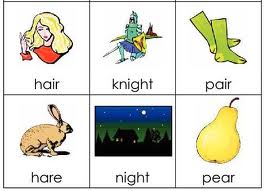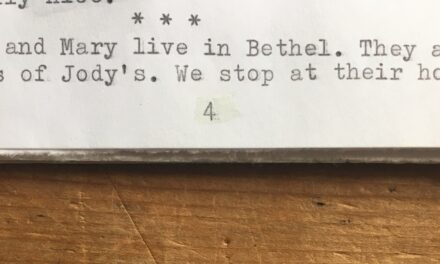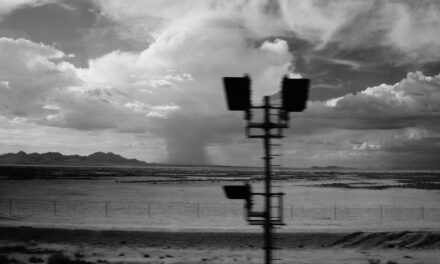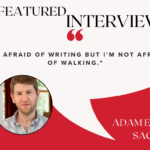 When volunteer Brandon Whiting ate eight billiard balls, he began to bawl. He tried to explain, plainly, why he wanted to eat the balls, but his bass voice grew coarse, he clutched the base of his throat, and then the blue ball—not the cue ball—blew on a trajectory course right out of his gullet, straight into associate editor Christian Moody’s temple. Christian toppled like a tippler who, in a drunken daze for days, had a serious ale ailment. Brandon was not allowed to speak aloud after that. While a queue of spectators formed, Brandon grabbed the pool cue and scratched out the following thoughts on the felt-topped table.
When volunteer Brandon Whiting ate eight billiard balls, he began to bawl. He tried to explain, plainly, why he wanted to eat the balls, but his bass voice grew coarse, he clutched the base of his throat, and then the blue ball—not the cue ball—blew on a trajectory course right out of his gullet, straight into associate editor Christian Moody’s temple. Christian toppled like a tippler who, in a drunken daze for days, had a serious ale ailment. Brandon was not allowed to speak aloud after that. While a queue of spectators formed, Brandon grabbed the pool cue and scratched out the following thoughts on the felt-topped table.
Brandon Whiting: Driving home the other day, I saw a sign for a sports arena that read “Sure you have a seat, but do you have a suite?” and I pondered the difference between a seat and a suite, even though I’ve only ever had seats at games. Later that night, I found myself writing a poem in couplets that ended with homophones. For example, “That butte/ is a beaut.” Sometimes poetry just happens like that: A word or phrase captures our attention, and then our imagination starts to play. Of course, the results are not always publishable. That’s why I like Eric McHenry’s “Found Poem” from the new issue of Cincinnati Review. Unlike my love poem to geography, McHenry’s offering is executed so perfectly that it’s hard to tell from which context(s) he took his lines. I can only say that his sources were more poetic than mine. Take, for instance, the opening stanza: “They’re coming like a thunderhead./ They’re darkening the eastern plain./ All afternoon we’ve watched them spread/ across it like a pinot stain.”
McHenry may be reading billboards, but his work definitely isn’t contributing to ad pollution.
BONUS MATERIAL: The poet explains the provenance of “Found Poem.”
Eric McHenry: I had been reading the Lord of the Rings trilogy, in which something is always about to be besieged, to my son at bedtime, and one morning I woke up with the germ of “Found Poem” in my head. I think of it as having been “found” beneath the ashes and rubble of the sacked city. It only now occurs to me that the language echoes, quite clearly, that passage in the Book of Mazarbul that the dwarves find in the Mines of Moria: “We can not get out. The end comes. Drums, drums in the deep. They are coming.” That certainly must have been in my head when I wrote the poem. At the time, we had just moved from Seattle back to my hometown, Topeka, and I was also processing that change, and thinking about the (real and imagined) differences between the two places and the tribalism to which Americans are as susceptible as anyone.










